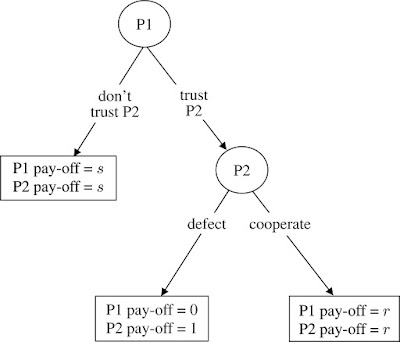BioMaths Colloquium Series - 2016/17
27 January 2017 - 3pm Maths Seminar Room
(room 224 Talbot Building 2nd floor)
Towards a richer evolutionary game theory
 |
| from http://idcd.info/ |
Evolutionary game theory predicts and explains what will evolve in populations in which there are conflicts of interest between population members. To do so biologists make mathematical models which capture essential aspects of the underlying biology. These necessarily simplify the world, but are often too simple; for example, leaving out essential features such as the variation between individuals within a population, and ignoring how individuals gain information and interact with others. Much work also assumes an idealised world in which both the ecology of an animal and its psychological mechanisms are ignored. I argue that to understand the natural world we need models of greater richness. To do so I present a series of models that illustrate that adding richness can radically change predictions.
The discussions will continue over biscuits and tea/coffee after the seminar.
Hope to see many of you!




